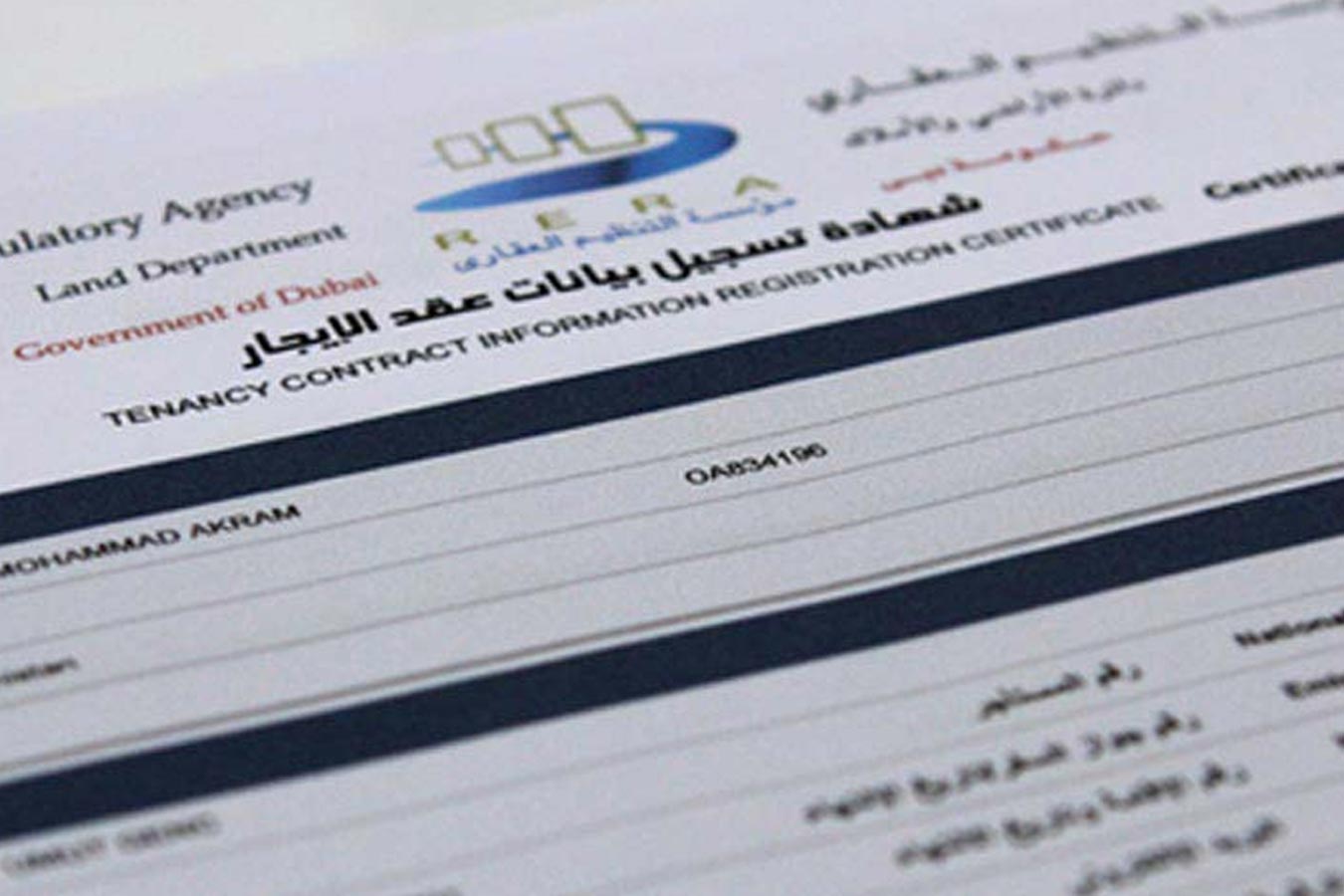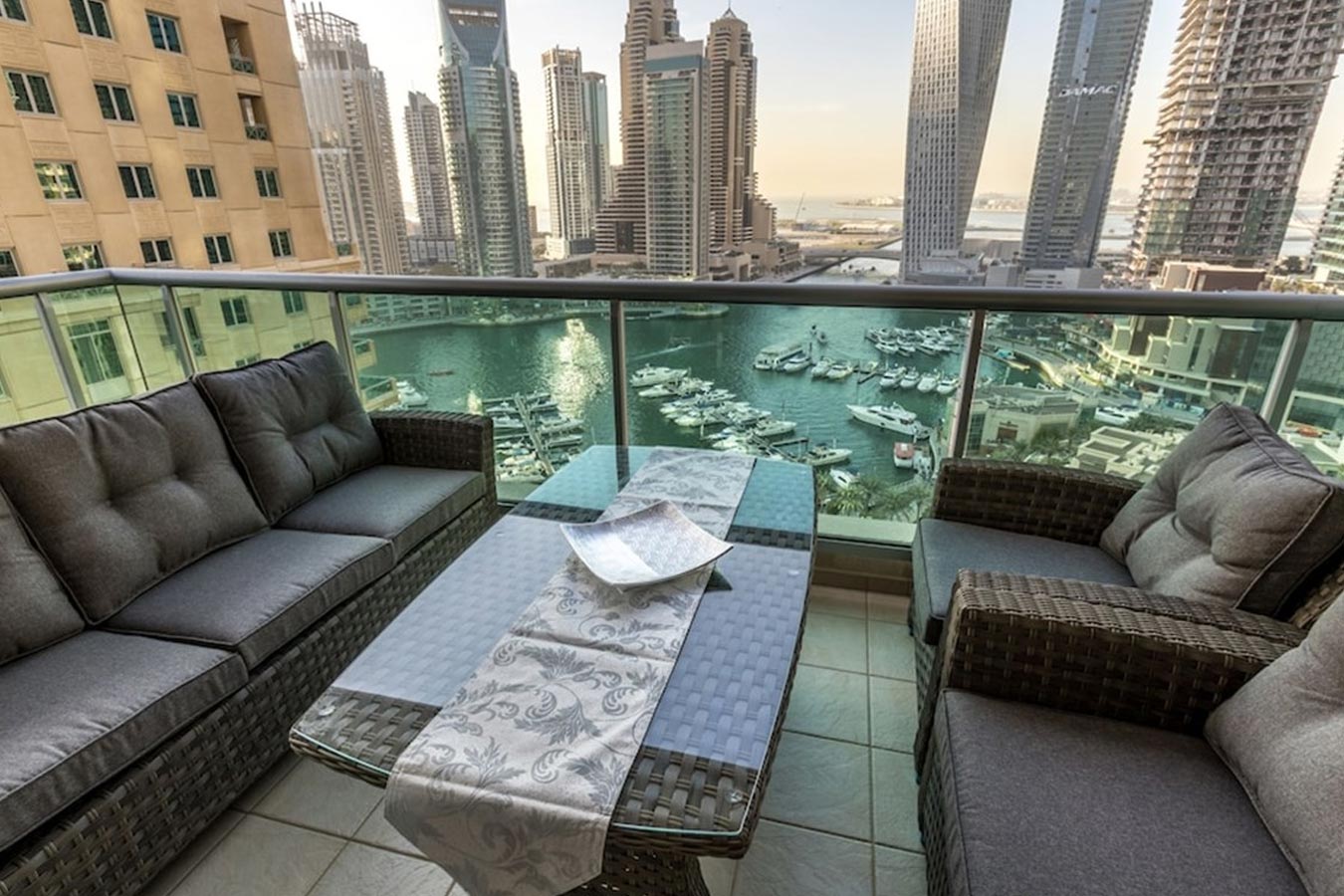Rental properties have a growing existence all over the world, as it is a great way to earn money and invest to gain profitable results every month. Dubai is central to renting business as people from all over the world come to live and stay either on business trips or vacations. The rise of rental opportunities in Dubai has also attracted major foreign investors to their vicinity.
Whether you are looking for a job, living temporarily, or in the process of applying for citizenship: renters are always on every corner of the city with their doors open for you. It's a remarkable way to cater to the growing population, gain the advantages of the rent increase in Dubai, and leave both parties involved happy.
However, if you are looking to rent your property in Dubai, you must be aware of certain rent increase laws in Dubai and gain basic guidelines: on how to prepare your property, awareness of rental rights, legal obligations of renters, and the genuine concerns most renters have with their services.
Rental increase law in Dubai
It's a crucial aspect of any renter to increase their rent but according to the existing legislature published by the government. As per the law in Dubai, the rental increase depends on a variety of factors such as the rental benchmarking rate which differs for every property and locality of the rental place.
The law sets out specific maximum percentage rental increases based on the present rental-benchmarking rate: Rent should be between 21 percent and 30 percent less than the overall average renting rate, with a total monthly rent increase of 10 percent.
If the average market rate is 31 percent to 40 percent less, then a maximum rent increase of 15% is allowed by the law. In case of more than 40 percent less than the average market rental rate: a maximum rent increase of 20% is permitted for renters.
If this is a bit confusing, you can also contact or consult experts at Inspire Real Estate. The company offers a range of amazing brokers who can solve any problem, find you a dream house, or give you the best options of properties in Dubai.
With ample knowledge of the trends of property prices, including rental rates of various locations: these experts can pave the way for you to find the best rental property, and make the most money out of your investment. So, contact them right away!
Guidelines for rental property owners
If this is your first time on a venture to rent out your property, you must acquire some basic pointers to furnish your property or have knowledge of your rights, and the people you rent to.
1. Solidify your agreement
A prominent aspect of renting out your property is the contract and all the legal documents required in the process. it is necessary to register your dealing with Ejari to build a lawful procedure between both parties. This will save you both from a lot of trouble, in cases of any unlawful activity taking place with the residents or the landlord.
You have to bring your documents, along with the residents to any typing office and spend AED 195 to register in an Ejari agreement. Other requirements include security and deposit receipt. All paper needed to verify both identities is crucial for documentation, as it guarantees the legal property ownership, and gives the government proper details of both the parties.
2. Rent increase law in Dubai
As discussed above, the rent increase of your property depends on the rates reviewed by the Rent Index, given out by RERA. You cannot legally change the prices as this act can lead you to legal issues. Therefore, the best way is to stick to the rule and to increase on time.
You also have to notify your resident of any rent price rise at least 90 days prior. This is also a Dubai Law number 27 of 2007, Article 6 and 14. They make it clear that this time frame is necessary, as it gives the resident ample time to get acquainted with the rise in prices and be able to pay it through their earnings.
3. Identify whether you have an assured shorthold or assured tenancy
It is integral to be informed of the legal relationship you have with your resident. The assured tenancy is brief leasing with an agreement of a minimum of six months known as assured tenancy. For Dubai, this agreement must be signed and verified by EJARI, a regional tenancy agreement verification system.
A short-term rental is known as assured shorthold tenancy. The key distinction is that the leasing time might range from one day to six months. Furthermore, there seem to be no obligations for such tenancy agreements to be registered with EJARI.
Nevertheless, it is vital to understand this law as it will make you know the difference between tenancy associations. An assured shorthold tenancy is not checked upon by the law as long-term agreements in Dubai. Therefore, when the question arises of how much can a landlord increase rent in Dubai: the answer is it depends on the stay of the resident.
If the stay is short and there is a short-term tenancy, then the landlord has complete control over the rent and may raise it as much as he wants.
Furthermore, in the case of an assured shorthold tenancy, a tenant may increase the rent at any time without giving notice. As you have probably noticed, this rental style offers renters an opportunity for less tenure security and yet greater control.
To Conclude:
Renting property is certainly a risky decision, as it involves multiple aspects, but if you choose the right location, and offer the best facilities you will certainly find yourself a profitable outcome. In the end, it's an investment that holds good results globally.
Recent Blog

Rules you need to know about renting a property in Dubai
July 13, 2022

Top 10 Best Places to Live in Dubai
July 13, 2022

How to register your tenancy contract with Ejari in Dubai
July 13, 2022

A Guide to Mortgages & Home Loans in the United Arab Emirates
July 13, 2022

Furnished Apartments in Dubai vs. Unfurnished: Which One to Choose?
July 13, 2022